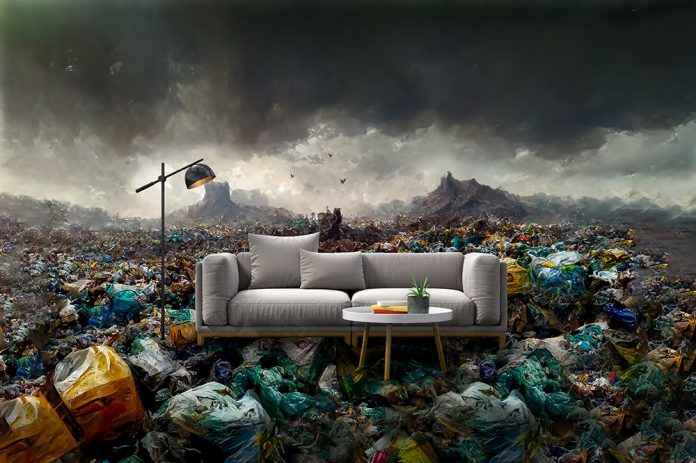Pia Heidenmark Cook is on a mission to reduce our carbon footprint and tackle our landfill crisis. As the Chief Sustainability Officer for IKEA and Head of Communications for the IKEA Foundation, she put people and planet first to set the standard for sustainability. Considering Pia’s long and impactful career, it is no surprise that she was named in the Top 15 Global Sustainability Experts list. Hear her insight first-hand in our interview.
Looking back on your role as the Chief Sustainability Officer at IKEA, what is your proudest accomplishment?
“I worked at IKEA for 13 years and the last five as CSO [Chief Sustainability Officer], so there were lots of moments – it’s really difficult to point to just one, it’s really difficult.
“But I think the main achievement, if I don’t choose things like the milestones we achieved or some of the goals we set, I would say it is the people. It is working with people and meeting people, co-workers in the stores, out in the different countries, and just feeling the energy and enthusiasm and the pride.
“So, I think that’s my proudest moment. When it kind of clicks and people get it and they see how this is good for the business, it’s good for people, it’s good for the planet. When people really want to engage and come up with their own ideas, I think those are my proudest moments, every time I meet people who are proud to share something they’ve done.”
What can businesses take away from IKEA’s sustainability strategies?
“I think every company needs to go on their journey because every company is different. Sustainability is not a side business, it’s not a side activity, it’s not a ‘do good and feel good’ activity. Those are the potential outcomes but should not be the reason why you do it.
“It’s because you understand the impact you’re having on the planet and its people, on society. You also see everything going on with climate change, inequality, biodiversity loss, you name it, how that will affect you as your company and the future [profit and loss] of the company.
“Use that understanding to really plan and dare to set daunting targets, because I think you must set targets that are reachable, but still reachable with huge effort because that’s what’s needed. So, I think setting those 100% goals shows your organisation that you cannot opt out, you cannot choose to be the business that’s not involved. We all need to engage leaders and co-workers at every level.”
Are circular economies a realistic goal?
“Reused, disassembled, refurbished; all the elements of how you design. We have, for example, sofas that can be pulled apart. So, if you need a big sofa, you can have more modules, but if you’re moving somewhere smaller, then you can take away some modules.
“The next part, which I think is the trickiest part, is where you really change how you interact with customers and the whole business model adaptation. Where Kia is testing leasing, IKEA is testing second hand markets, both physical and digital.
“How can you move away from physical products or first-time products and look at the total life cycle of a product? There are some companies, especially small startups in that space, but there are not that many big-volume mainstream models.
“I think we’re still testing and learning as a business community, but I think it’s dangerous to get stuck in recycling. Recycling is energy intensive. It’s better than putting stuff on landfill but we need to really start reflecting on, ‘do we need this much stuff, and do we need to take new material out of the ground?’
How will ESG and sustainable investing benefit companies?
“I think there are many different benefits because sustainability is so broad. It depends on the business you’re in. But for [IKEA], it’s about how we build our buildings, where we place them, how we create the supply chain, how we design the products, how we meet them, interact with the customers, how we get stuff home to people.
“There’s quite an obvious case for becoming energy efficient in operations, both at factory level and store level. It means you spend less, maybe not the first few months, but you do spend less on your energy bills, which is often quite a big cost.
“For example, our decision to only use electric or zero emissions [vehicles] for our home delivery services operationally increased costs. But many cities around the world don’t want diesel trucks going into their city centres, and our customers live in city centres, and we need to get our stuff to them. So, by starting now, we are preparing for that. So yes, short term [sustainability] might drive costs but in the long term, it means we stay in business.”
This exclusive interview with Pia Heidenmark Cook was conducted by Jack Hayes.



